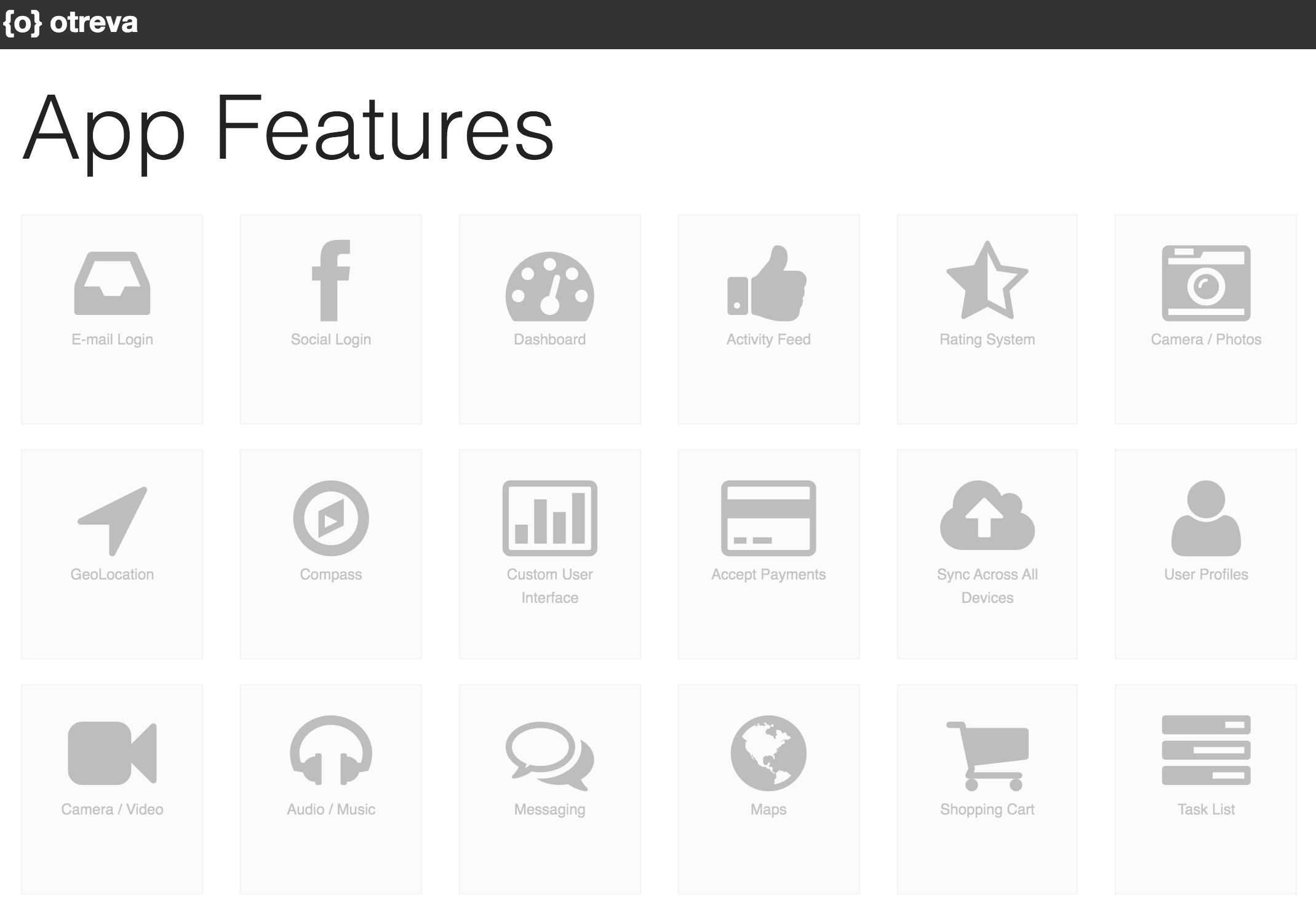
5 Best Practices for Apple Search Ads
Posted on July 3rd, 2024
Are you leveraging Apple Search Ads the right way? Take a look at these recommendations to optimize your paid campaigns and target the right users.

The best pace to start with estimating the costs of developing a mobile app is in understanding there is a big range. Functionality, design, service level and development language all impact the final costs of developing a mobile app, and that’s before marketing costs are included. With cars or houses, function and design is often easier to conceptualize for the non-developer. We expect the engine, the suspension, the design, the interior and the add-ons all to impact costs and have some idea of how. For software, specifically mobile apps, it can be hard to know if a specific feature or function is even possible, let alone how much it would cost to add. Let’s remove some of the mystery related to the costs of developing mobile apps by looking at the variables that impact the cost of developing a mobile app the most.
An app that displays content with limited interactivity - like say the way a blog functions on a website - will serve as our baseline for a simple, basic mobile app. But very few successful mobile apps (measured by use) are limited to displaying text.

Even simple additions like a “click to call” feature, or enabling in-app purchases for in-app content adds cost. The biggest and most common functions that can impact costs are:
These types of features are hard to estimate for non-devs (and even sometimes for devs) as we just don't know what is "hard".
Do you want to support just Apple devices (iOS), both Apple and Android, or all of the above plus Windows and Blackberry and web? Just phones or tablets as well?  Selecting a cross-platform development language based on your current environment is a popular choice for reaching multiple mobile operating systems across devices. Building a native app for Apple and another for Android is more expensive upfront and in ongoing maintenance than using a cross-platform option, but there may be an impact to customer experience or limits to functionality depending on what your app needs to do and what the cross-platform framework supports. As you can imagine, all of this impacts cost.
Selecting a cross-platform development language based on your current environment is a popular choice for reaching multiple mobile operating systems across devices. Building a native app for Apple and another for Android is more expensive upfront and in ongoing maintenance than using a cross-platform option, but there may be an impact to customer experience or limits to functionality depending on what your app needs to do and what the cross-platform framework supports. As you can imagine, all of this impacts cost.
Some mobile app marketers and publishers say design has a bigger impact on engagement and retention than any other element. Like evaluating code for the non-technical, evaluating design can be difficult for those who are not well-versed in the latest UI and UX methods. Good design costs more, and the best place to start in evaluating what is good is by looking at competitive mobile apps, or other mobile app used by your target market.
Many organizations opt to work with agencies on projects like web and mobile apps. From marketing departments across SMB and Enterprise, to smaller divisions inside global conglomerates - working with agencies means working with subject matter experts, without the cost of hiring additional headcount. But agencies themselves offer a large range of service levels and competencies. The agency who built and manages your website may not be the best option for building your mobile app. The agency you use for SEO or marketing may or may not have experience marketing mobile apps - a very different challenge. An agency with a track record of publishing successful mobile apps will likely support any mobile app project with product management, project management, and some on-going maintenance (as mobile app updates need to be resubmitted to the app store,s not just pushed like like the web). For those looking to get started experimenting with mobile without the costs of a full service agency, working directly with devs or dev teams can provide a significant cash savings, with the tradeoff being your time. Working directly with dev teams means you (the app owner/publisher) would take on the following roles:
The above does not include the HR element of hiring a dev team, designer and/or supporting specialists like someone focused on user experience. Mobile is changing rapidly - marketing, design, supporting frameworks, features, usage patterns and more. Working with an agency can be a great way to get your first mobile app built. For a very good estimate of the cost of developing a mobile app - check out this interactive tool for a rough starting point, or this one to get an idea of a wide variety of potential features and functions.

Are you leveraging Apple Search Ads the right way? Take a look at these recommendations to optimize your paid campaigns and target the right users.

Ghostly happenings are among us... and in your app listing too? If you aren't leveraging the power of app seasonality to make relevant tweaks to your store listing you're leaving precious engagement and conversions on the table.

Developers on the iOS App Store should plan in advance of the upcoming Holiday Schedule to allow enough time for apps to get approved during the busy holidays.